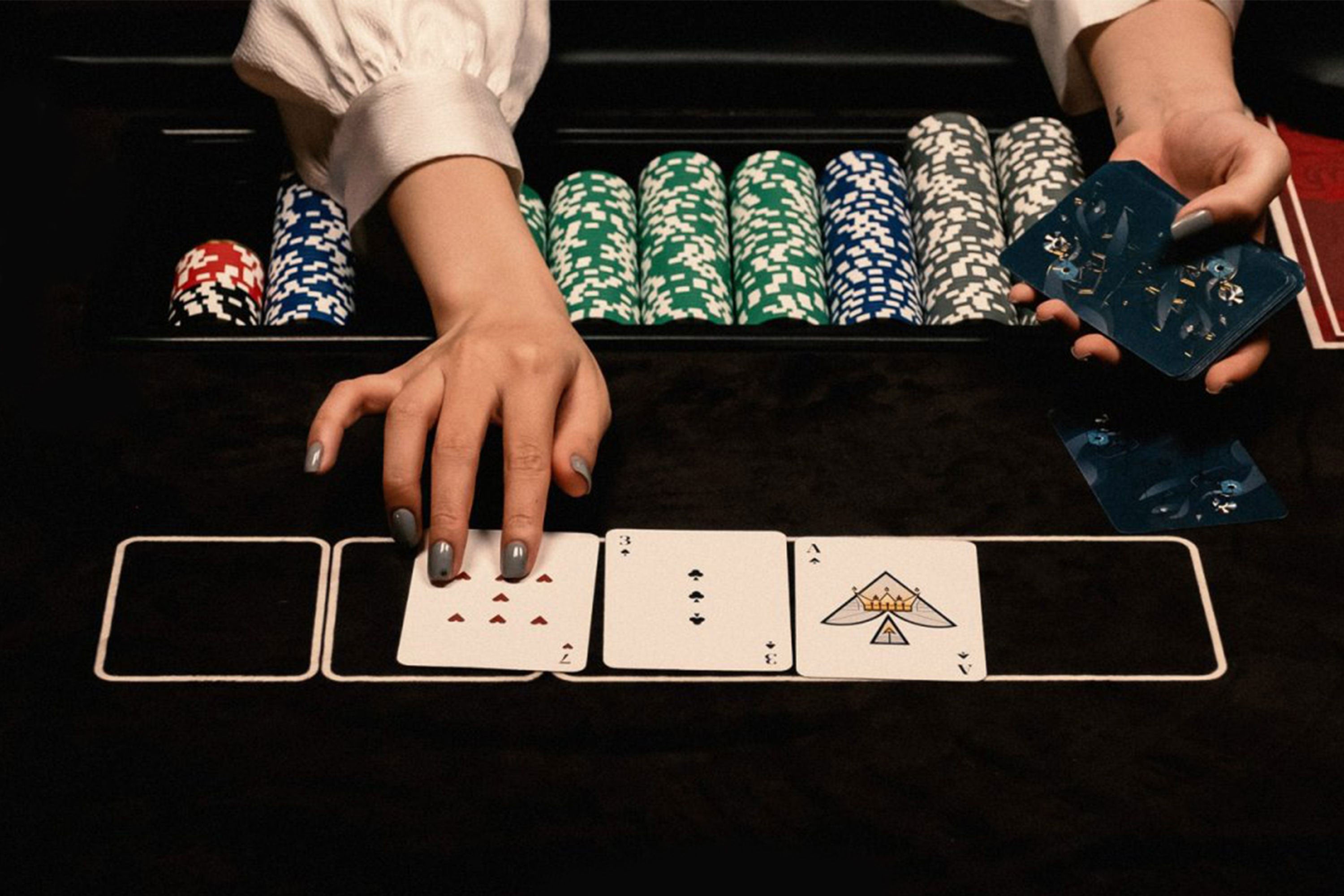
Poker is a card game that requires a certain amount of skill, and also a little bit of luck. It is a game where players bet against each other, and the player with the best hand wins. There are a number of rules that must be followed to play poker, and it is important to know these rules so that you can win as much as possible.
To begin, a player must purchase a set of chips for the game. This is known as “buying in.” Each player must have at least as many chips as the minimum ante or bet. There are usually several different sized and colored chips. A white chip is worth a single unit, a red chip is worth five units, and blue chips are worth twenty or fifty units.
After each player has bought in, the dealer shuffles the cards and then deals them to the players one at a time. These cards are dealt either face up or down depending on the game. The first round of betting begins with the player to the left of the dealer. At this point, each player may call the bet, raise it, or fold their hand.
Once the betting has begun, the flop is revealed. This is an additional card that all of the players can see. If the flop is good for you, you should raise the bet to encourage other players to call it. If it’s bad, you should fold your hand and hope for better luck in the next round.
Top players will often fast-play their strong hands, which can be a great way to build the pot and chase off other players waiting for a strong draw that could beat yours. This is also a great way to make sure that you are winning the most money in the long run.
The most important thing to remember when playing poker is that you should never be afraid to fold a hand. A lot of people think that folding is a bad move, but it’s actually a smart move. You don’t want to be stuck in a hand that isn’t going to improve, and you’ll often end up losing more than you would have by staying in the hand.
During a hand, you should always try to guess what other players have in their hands. This is a little bit difficult at first, but as you get more experience, it becomes easier. For example, if an opponent checks after the flop, you can assume that they probably have a pair of jacks.